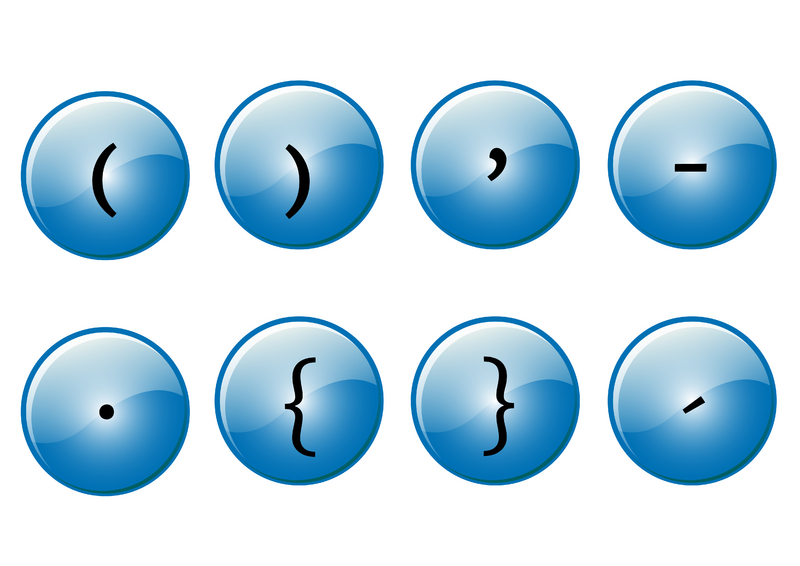When must we use “tu” and when must we use “lei”? And what about “voi”? Here’s how to understand the correct way to use courtesy forms in Italian.
Grammar
Italian Grammar
Prepositions of Place in Italian
Prepositions of place in Italian
Pronouns Ci vs Ne
How to use pronouns Ci and Ne in Italian
Possessive Pronouns and Adjectives in Italian
Possessive pronouns and adjectives are used in both English and Italian to indicate the ownership of a noun. Possessive pronouns express a relation between a noun and who possesses it, and are used alone, in the place of the noun. The six possessive pronouns in Italian all refer to a […]
Accents and Apostrophes
Learn How to Use Accents and Apostrophes in Italian In the Italian language accents (accenti) are used to indicate where the voice should fall with more force when pronouncing a word; therefore in Italian words we distinguish tonic syllables (where the accent falls) and atonic syllables. In Italian accent marks are used for […]
The Preposition A in Italian Sentences
Explaining and understanding the use of prepositions in Italian isn’t always easy, but today we will begin to delve into the issue by explaining the use of the preposition A. A preposition describes a relationship between words in a sentence. In Italian we normally use the preposition A with cities […]
Prepositions in Italian Grammar
A preposition is used to join pronouns, nouns and phrases to words in a sentence; the object is the word or phrase introduced by the preposition. Usually a preposition indicates the location of the object it is linking to the rest of the sentence (spacial) or explains when it […]
Conjunctions in Italian Grammar
Conjunctions are words that link one word to another and without them the first part of a sentence would appear disconnected from the end. Conjunctions are invariable parts of speech, so called because they join and connect words or clauses. There are two kinds of conjunctions: coordinating conjunctions (and, so, […]
Relative Pronouns in Italian
A relative pronoun links two clauses, a dependent proposition to a previous proposition, taking the place of a name or a thing and establishing a relationship between the two. The relative pronoun, in referring to a person, place or thing, is used to avoid repetition. In English, relative pronouns are […]
Adjectives I
ADJECTIVES (aggettivi) Adjectives are the part of speech that is added to a noun to describe it or to determine it more precisely. Adjectives have not an independent existence, but must always be used together with the noun to which they refer. The adjective, in relation to the noun to […]










